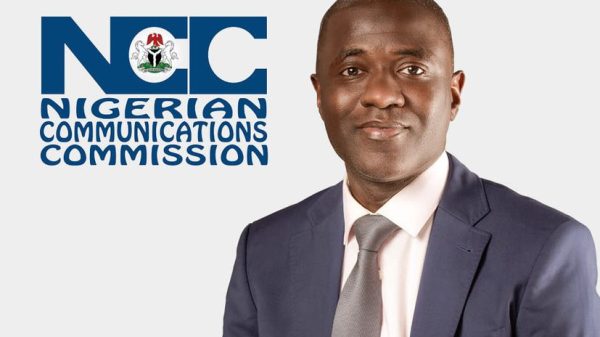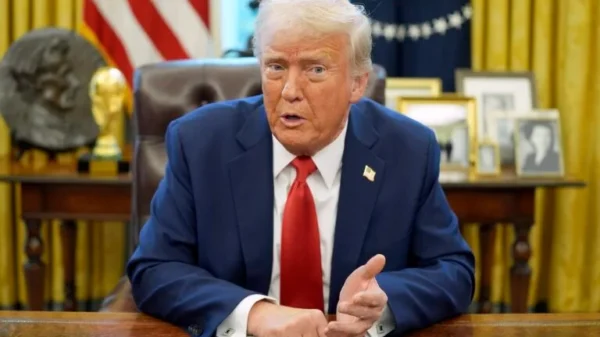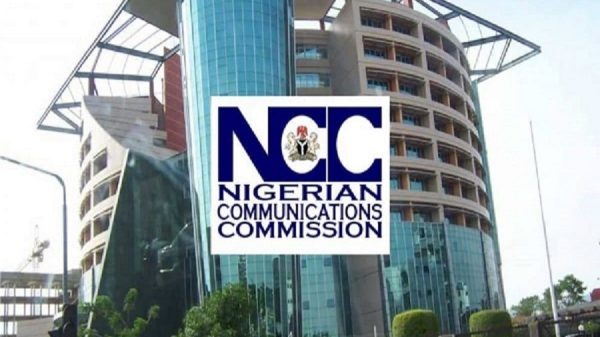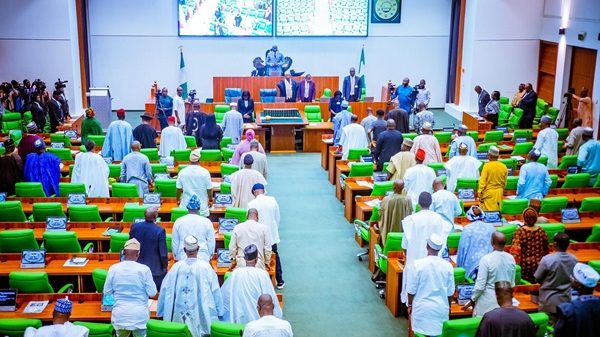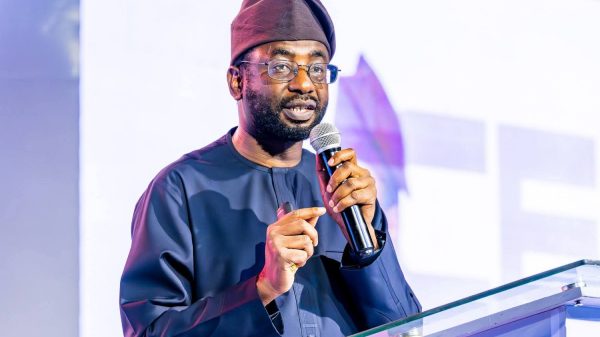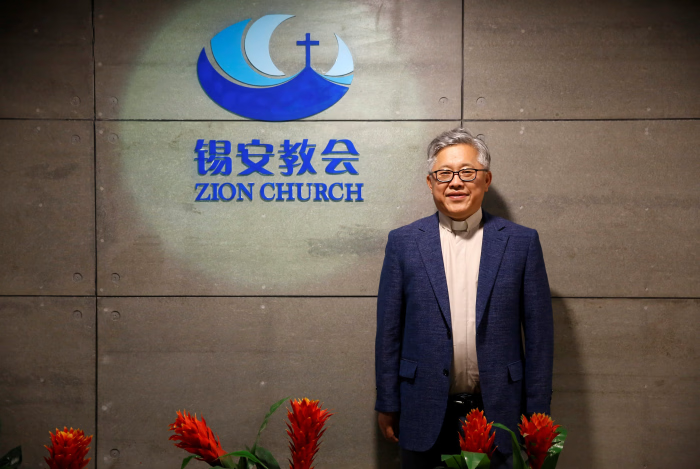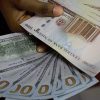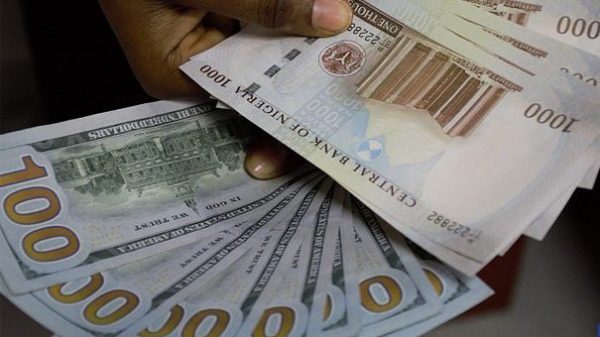Chinese authorities have detained Pastor Jin Mingri, also known as Ezra, founder of the unregistered Zion Church, along with more than 20 church members, in what human rights observers are calling one of the most extensive crackdowns on underground Christian groups in recent years.
Jin was arrested at his residence in Guangxi on Friday, while several other pastors were taken into custody overnight in cities including Beijing, according to verified reports.
A detention notice confirmed by AFP stated that Jin is being held on suspicion of the “illegal use of information networks.”
Church statements revealed that at least seven pastors, including Jin, may face criminal charges for “illegally disseminating religious information via the internet.”
Police reportedly searched their homes and confiscated electronic devices such as computers and mobile phones.
“This is a blatant attack on religious freedom,” said Grace Jin, the pastor’s daughter, who confirmed that lawyers were denied access to detained church members in Beihai on Monday. Grace and her mother, both based in the United States, have been unable to contact Jin since his arrest.
Sean Long, a Zion pastor currently residing in the U.S., described the arrests as “devastating but not surprising.”
“We pray for the best, but we have to prepare for the worst,” Long said.
Founded in 2007 in Beijing, Zion Church grew rapidly to a congregation of around 1,500 members before being forcibly shut down by authorities in 2018.
Despite the closure, the church continued to operate online via Zoom and organized small gatherings in over 40 cities — a move that reportedly angered Chinese officials.
“The government knows Zion’s influence, and I believe this crackdown was planned at the highest level,” Long added.
“It’s an embarrassment for them after shutting down the church in 2018, and now they’re moving to silence it completely.”
The arrests come amid a broader campaign against underground Christian groups in China. In May, Pastor Gao Quanfu of the Light of Zion Church was detained on charges of “using superstitious activities to undermine justice.”
In June, several members of the Golden Lampstand Church were convicted of fraud, with its pastor receiving a 15-year prison sentence.
Although China’s constitution nominally guarantees religious freedom, the government maintains strict control over religious activities.
Only state-sanctioned churches are legally permitted to operate, while unregistered “house churches” are frequently subjected to surveillance, raids, and arrests.
In 2022, Beijing banned all online religious services without government approval. Just last month, new regulations were introduced prohibiting preaching via livestreams, videos, or social media platforms such as WeChat.
The United States has condemned the arrests. “This crackdown further demonstrates how the CCP exercises hostility towards Christians who reject Party interference in their faith,” said U.S. Secretary of State Marco Rubio, calling for the immediate release of those detained.
When asked about the arrests, Chinese foreign ministry spokesperson Lin Jian declined to comment directly, stating only that China “firmly opposes U.S. interference in its internal affairs under the pretext of religious issues.”
Grace Jin expressed deep concern for her father’s safety. “In my mind, we’ve played out this scenario since I was a kid,” she said. “Being a Christian in China, you just know something like this could happen.”
![]()

